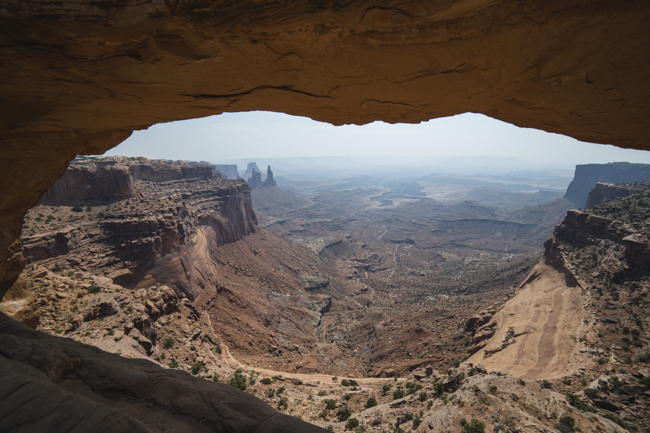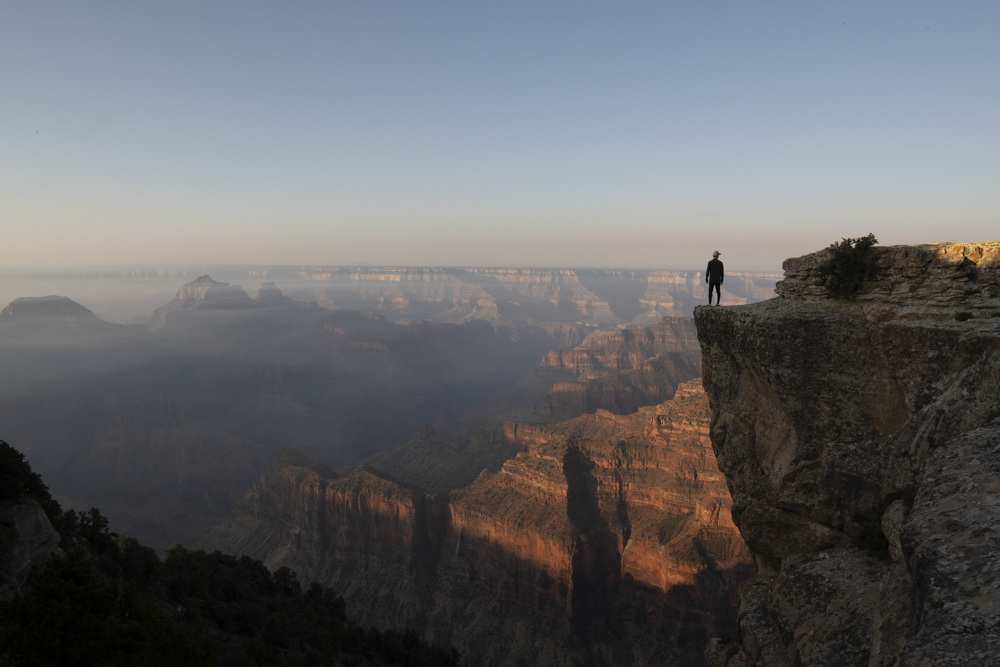
The Grand Canyon in northern Arizona is one of the most-visited national parks. (Photos by Colton Stevens/Northeastern University)

The Grand Canyon in northern Arizona is one of the most-visited national parks. (Photos by Colton Stevens/Northeastern University)
As a college student, most of my time isn’t spent in the outdoors. Far from it. Most of my time is spent in classrooms or the library or one of many other urban locations. Often, the closest I get to being in the outdoors is walking through the — America’s oldest park. If I’m lucky, I will drive to a state park in New Hampshire or Rhode Island to go rock climbing for the weekend.
I think that this lack of access to the outdoors is precisely what makes national parks so meaningful to me. This summer, I went on a road trip with the singular goal of visiting as many national parks as possible. With two friends and an incredibly packed SUV, we traveled to Denali, Crater Lake, the Redwoods, Joshua Tree, Zion, the Grand Canyon, Canyonlands, Arches, Mesa Verde, and the Great Sand Dunes.
Here’s a short list of why national parks matter to me, and why they should matter to you, too.
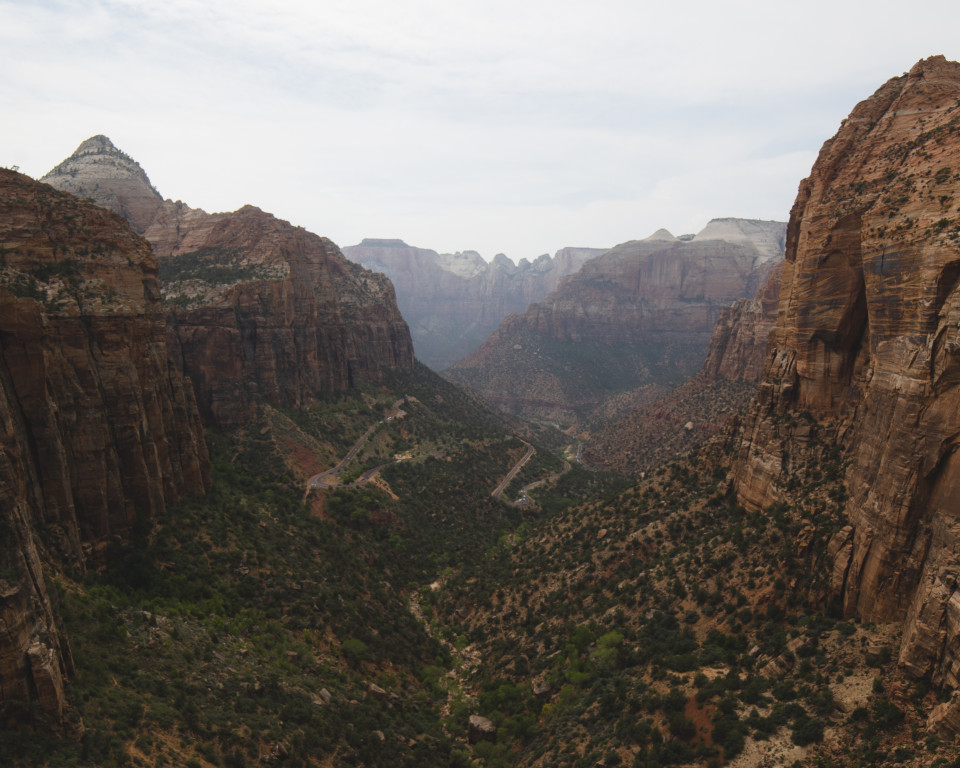
1. They are beautiful
It is an incomparable feeling to be so awestruck by your surroundings that time seems to lose its meaning, and all you are able to do is stare in wonder at nature. For me, watching the sun rise over the never-ending depths of the Grand Canyon was one such moment. Standing underneath the peak of Denali, with a shear elevation gain greater than Everest, was another. Perhaps the most amazing moment of all was hiking in Arches National Park. As the sun retreated, the sky turned from blue to crimson to violet to night. The stars spread themselves across the sky, bright and shimmering, and soon the outline of the Milky Way appeared behind Delicate Arch. The image below captures that moment, as night fell over us — but it was even more captivating in person.
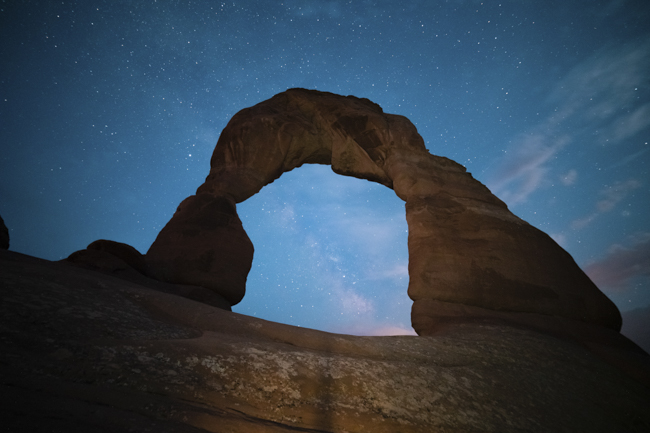
Far from cities and lights and so-called civilization, the night sky is a magical sight; nothing compares to being dwarfed by the entire universe. National parks ensure that spectacles like these can be experienced by anybody who seeks them out. Towering redwoods, sweeping vistas, and lofty mountains are only a fraction of the value that our National Park Service helps protect. The true beauty lies in the preservation of natural, historic, and cultural areas in every part of the country for visitors to create lasting and meaningful experiences in.
2. They help protect important wildlife
Part of the park service’s mission is to preserve the natural resources found in our parks for current and future generations. Foremost among those resources are the animals who call national parks home. All sorts of wildlife inhabit the ecosystems that the park service oversees. Certain species such as the gray wolf have been brought back from the brink of extinction due to the efforts of the park service. These wolves, and similar animals elsewhere, play a vital role in their ecosystem and ensure its health in the long term.
National parks are a haven for research and scientific discovery about the natural world. On an individual scale, visitors to many national parks can assist researchers and rangers as citizen scientists. In Denali, which is larger than the state of New Hampshire, my friends and I undertook the mission of collecting grizzly bear scat and recording the location of each sample by GPS. Since the rangers are unable to search the entire park by themselves, they enlist the help of visitors like us to collect data. I was able to contribute to a much broader project analyzing grizzly bear populations and movement patterns. As a result, I grew to appreciate the park in an unexpected way.
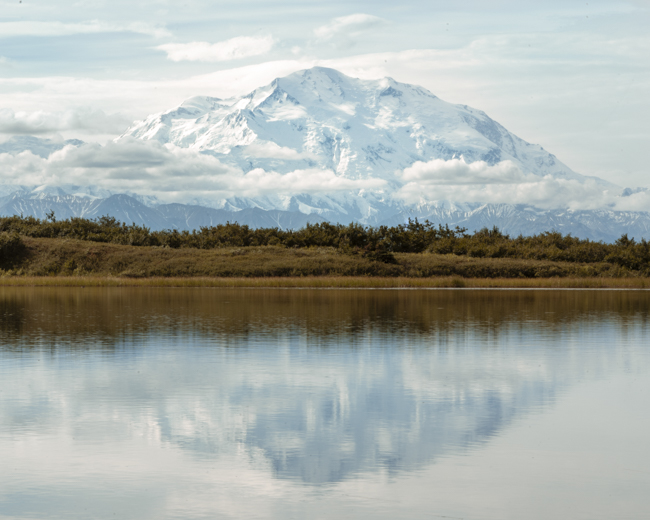
3. They offer an escape from everyday monotony
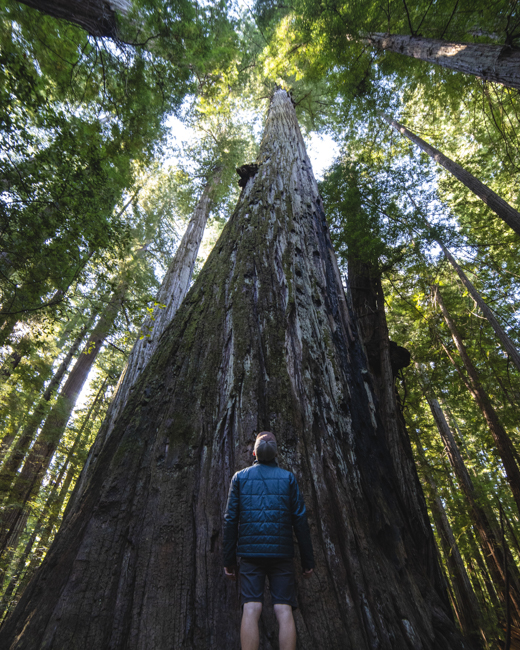
Whenever school becomes too stressful, the last thing I want to do is trek back to the library and do homework under flickering light bulbs. Similarly, the chaos of city life can easily become overwhelming. There is something soothing about being in the outdoors, surrounded by trees and mountains and dirt. And there’s science to back this up. The New York state Department of Environmental Conservation details all the health benefits of spending time in nature — from boosting your immune system to lowering stress levels.
National parks are exciting because they create a setting so drastically different from everyday life. While many parks are brimming with tourists, there are still ample opportunities to escape and find a moment of solitude. I find there is no better place to recharge and center your thoughts, which can help prepare you for a return to the demands of bustling urban life.
4. Public land is important
As President Franklin D. Roosevelt put it: “There is nothing so American as our national parks…the fundamental idea behind the parks…is that the country belongs to the people, that it is in process of making for the enrichment of the lives of all of us.”
Federal lands like national parks are owned by you, and every citizen has a stake in them. The iconic forests, rivers, deserts, canyons, vistas, and mountains that define the United States are shared by every American and open to any visitor.
I would encourage everyone, and especially other college students, to step out of your comfort zone and make the effort to visit a national park or two. Along the way, you might learn something about yourself, your friends, your country, and the natural world around all of us.
